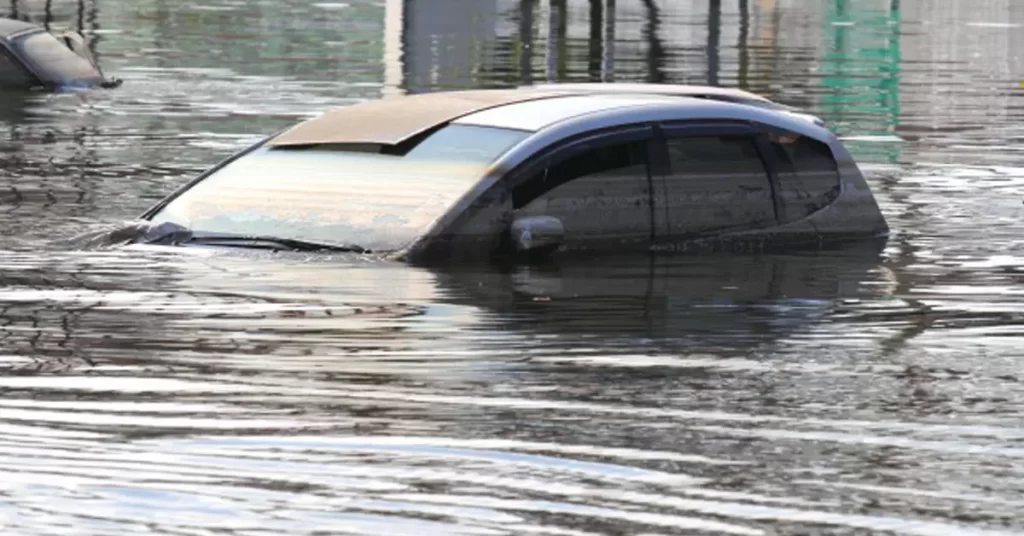
“Natural disasters are events that happen unexpectedly and – in most cases – take us by surprise.” Eddy Andrews.
For this reason, it is important to have a plan that allows us to react immediately, having at hand indispensable elements to overcome any eventuality.
Eddy Andrews is an expert when it comes to disaster response. Today he has shared a wealth of advice about natural disasters and what to do before, during and after an event of this type.
Be prepared: Bag with the most important
In view of the various changes that have occurred on the Earth today, it is necessary to be prepared for any probability of natural disaster that may occur
One of the basic recommendations to face a natural disaster is to prepare for that event.
The ideal is to have a bag that contains a series of implements that will allow you to get out of the way after the disaster has happened.
Among the elements that should be part of your bag or equipment supplies we have:
- First aid kit.
- Emergency and family phone numbers.
- Bottles with purified water in unbreakable containers.
- Non-perishable and low weight food.
- Special food and medicine for the sick.
- Decapper, can opener and knife.
- Flashlight with spare batteries.
- Candles and matches.
- Battery-powered radio.
- Spare batteries.
- Set of clothes stored in a sealed bag.
- Thin, lightweight blanket.
- Copy of house and car keys.
- Personal and household documents packed in a plastic bag.
- Plastic bags.
Preparation involves checking how things are at home
It is very important to check the conditions of our house, so we can determine the weak points of our security during a natural disaster.
To check the current state of our home is necessary:
- Check the foundations and structure of your house.
- Know how long it takes to evacuate your home.
- Make sure that the electrical wiring in your house is in good condition.
- Check for gas leaks.
- Check that your trees are in good condition, otherwise prune them completely.
- If the authorities issue an evacuation call, before leaving your house: close the water and gas connections, turn down the electricity and close your house.
Identifies the safe places in case of natural disaster
Another important aspect to consider, before a natural disaster occurs, is to identify the spaces in your home that offer the most protection and allow you to take shelter with your family.
Identifying the safety of each space is essential:
- Know the safest places in your home in case of an earthquake.
- Identify the clear areas of your home, if there is no safe area.
- Set up the smallest room in your house.
- Check the unsafe spaces in your home for objects that could fall and hurt you.
- Check that the drains in your house are in excellent condition
- In the middle of a natural disaster, what to do?
Many times, the fear and the lack of preparation -in the presence of natural disasters- makes us lose the focus, stopping to act in consequence to the damages that these events can cause.
During the evolution of a disaster, having a basic knowledge that allows you to protect your life and your family’s will make the difference.
Here we share a series of recommendations that will allow you to manage the crisis during a natural disaster:
- Stay away from windows, doors, and objects that might fall on you.
- If you can get out in 15 seconds or less, get out of the space you are in.
- If you can’t get out, look for shelter in the smallest room in the house, which is usually the bathroom.
- Do not use elevators to evacuate.
- If you are in the street, stay away from electrical poles and buildings, preferably looking for open spaces.
- If you are driving, find a safe place to park away from power lines and trees.
- Unplug all electrical appliances.
The event is over… It’s important to work on this
Once the natural disaster is over, the most important thing is to stay calm and follow the recommendations below:
- If you are outside, do not go inside immediately. Wait and see if there is an aftershock.
- If you are inside the house and hear cracks or see any damage to the structure, get out immediately.
- If you are trapped, stay calm and make a noise by banging on something to be found.
- Check for injuries and seek medical assistance if necessary.
- Do not light a fire until you are sure there is no gas leak.
- Do not drive near rivers or waterways, even if it is not raining.
- In case of flooding, do not go into the water.
- Follow the instructions of Civil Protection.
What is a natural disaster?
A natural disaster is an unexpected event capable of causing severe damage in a population that prevents the normal development of activities, affecting essential activities within society.
After more information? Contact Eddy Andrews. Thanks for reading.
